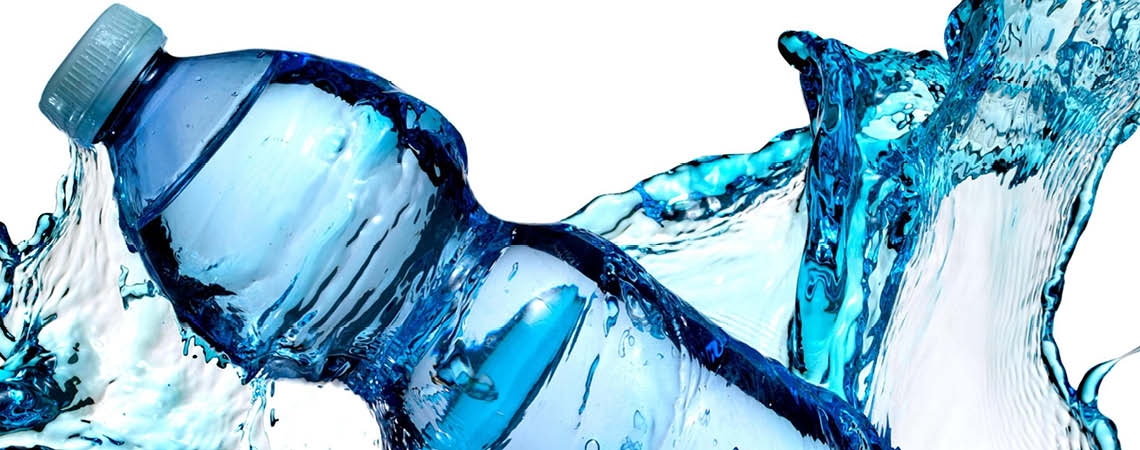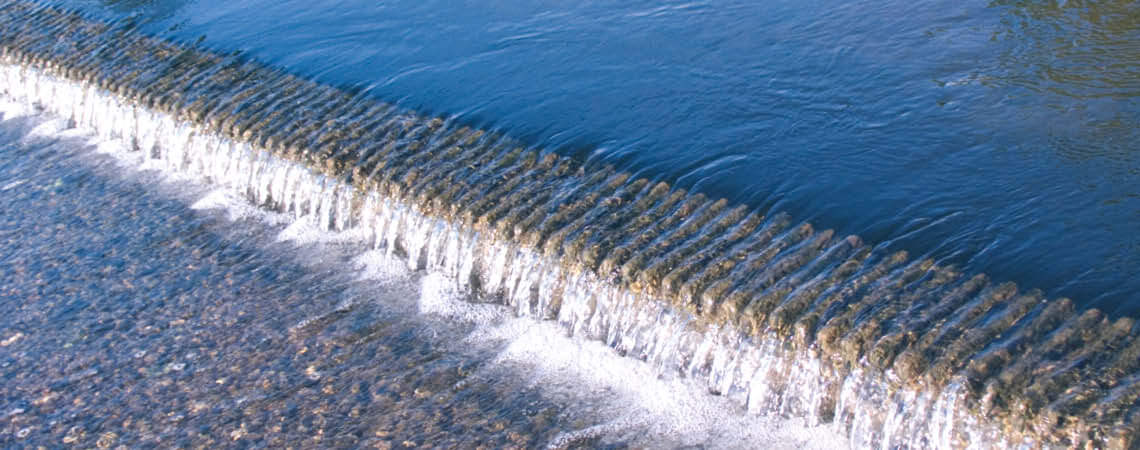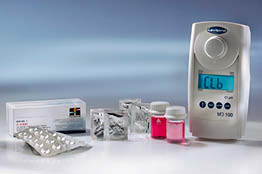Drinking Water Treatment
Municipal drinking water, sometimes referred to as potable water, is water that has undergone treatment and meets the regulatory requirements for human consumption. Drinking water can be delivered to the consumer from numerous sources including a public, or private, water system or as bottled water.
Raw water is collected from a variety of sources including lakes, rivers and underground aquifers. These sources can be contaminated, so the water requires appropriate treatment to remove potentially harmful agents before consumption. Most drinking water processes include steps for Coagulation and Flocculation, Sedimentation, Filtration and Disinfection.
Regulatory standards and oversight for treatment varies around the world. Many countries follow guidelines set by the World Health Organization. More rigorous standards are applied in the European Union, United States of America and other developed countries.


